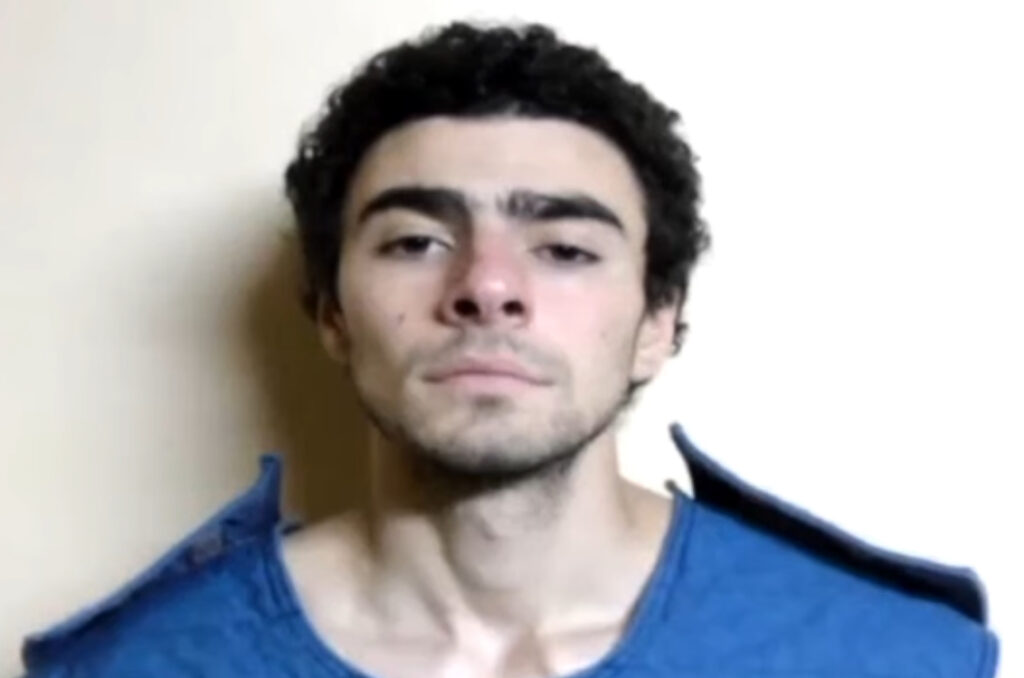The case of Luigi Mangioni, 26, who awaits trial for the murder of UnitedHealthcare CEO Brian Thompson, has garnered unexpected attention and a wave of support from admirers during his time in custody. The shocking incident occurred outside the Hilton Hotel in Midtown Manhattan on December 5, leading to a manhunt that ended with his capture at a McDonald’s in Pennsylvania. As Mangioni navigates his legal troubles, the level of support he receives from the public raises questions about societal perceptions of crime and justice, particularly within the context of his high-profile allegations.
Recent reports indicate that Mangioni has received a staggering amount of correspondence while in custody, with 54 emails, 87 physical letters, and 163 deposits into his prison spending account. Supporters seem to have formed a unique connection with him, with some expressing admiration and even romantic interest. For instance, one admirer, who shared her thoughts on TikTok, claimed that the broader public is “in love” with Mangioni, suggesting that he has captured a certain fascination despite the severity of the charges against him. The messages he receives often reflect an unsettling perspective on his alleged crime, with some admirers exonerating his actions entirely.
One notable message from a female supporter declared Mangioni “fine” and argued that he did not “really do anything wrong” by killing Thompson, whom she characterized as having caused harm to many others in the healthcare industry. This type of justification highlights a troubling trend among a subset of supporters who equate Mangioni’s actions with a form of vigilante justice, suggesting that they see some moral rationality in his violent act. The sentiments expressed raise ethical dilemmas about glorifying individuals who commit serious crimes when viewed through the lens of societal grievances, particularly in industries perceived as problematic.
The murder has sparked contentious debates surrounding vigilante justice, with many individuals voicing sympathy for Mangioni based on their views on the healthcare system. A recent poll revealed that over 40 percent of young people surveyed believed Mangioni’s actions could be justified, while only 41 percent disagreed. This division illuminates a generational disconnect in understanding crime and morality, suggesting that a considerable portion of the youth may be influenced by a combination of misinformation, emotional appeal, and the allure of rebellious figures in society, such as Mangioni.
As Mangioni’s case progresses, he faces significant legal repercussions. After waiving his extradition rights, he was escorted to New York City for an afternoon court appearance following the initial charges of murder. Federal prosecutors have also laid four additional charges against him, including murder and weapon offenses, alongside two counts of stalking. The cumulative nature of these charges suggests that the stakes have escalated considerably and raises questions about the potential consequences if he is convicted—he could face life imprisonment or even the death penalty.
Overall, the case of Luigi Mangioni stands at the intersection of crime, public perception, and the complexities of justice in contemporary society. As an alleged murderer receives unexpected support, it emphasizes the potential for romanticizing violence among certain segments of the population, especially in the context of systemic issues within industries like healthcare. The differing opinions regarding Mangioni’s actions reflect broader societal debates about morality, accountability, and the continuous struggle for justice in a fractured system, leading to a need for critical examination of the narratives surrounding such cases and their potential implications.

